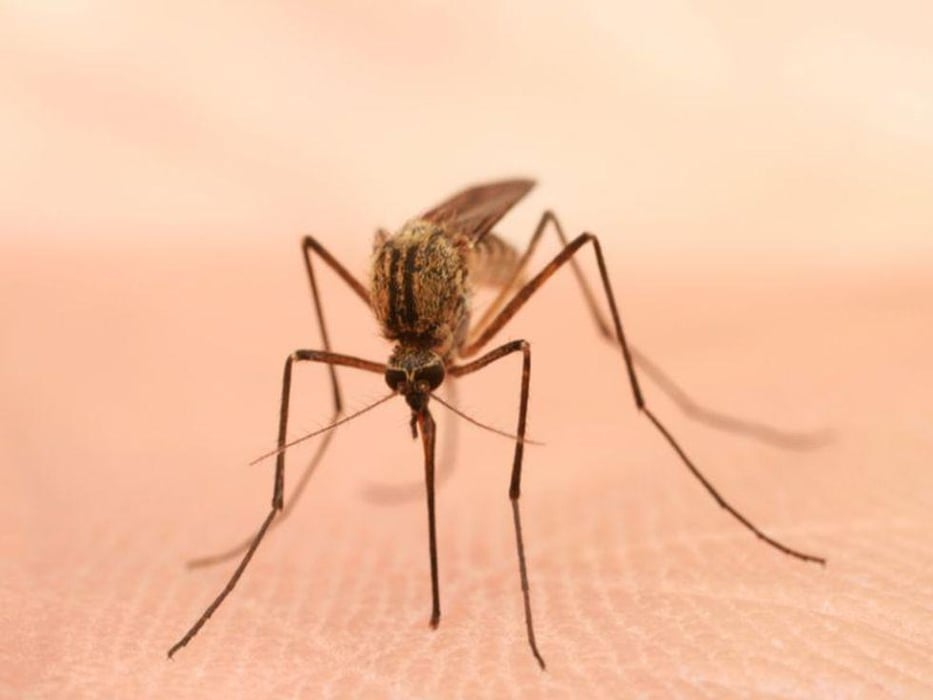Maryland Reports Case of Locally Acquired Malaria

MONDAY, Aug. 21, 2023 (HealthDay News) -- There has been another case of locally acquired malaria in the United States, this time in Maryland, authorities report.
This case is the first locally acquired case -- not related to travel -- in Maryland in more than 40 years. Seven locally acquired infections in Florida and one in Texas have all been reported since May, but no evidence suggests the cases in these two states are related, according to the CDC. Health officials said the Maryland patient had not traveled to those two states.
"We are taking this very seriously and will work with local and federal health officials to investigate this case," Maryland Health Department Secretary Laura Herrera Scott said in a statement.
The state health department said the patient, who is hospitalized and recovering, has not traveled outside the United States recently. The patient had gone to the hospital with symptoms including fever and sweating, said David Blythe, M.D., director of the health department's infectious disease division, NBC News reported. A mosquito may have acquired malaria from a person who had acquired it while traveling and then spread it via a bite to the Maryland patient, Blythe theorized.
Malaria, a mosquito-borne illness, is rare in the United States and was considered eliminated nationally by 1951. Death from the disease can typically be prevented with treatment, the CDC said. Nearly all of the more than 2,000 malaria cases reported annually in the United States are acquired by travelers overseas.
Related Posts
American Medical Association Pushes for Permanent Use of Standard Time
TUESDAY, Nov. 15, 2022 (HealthDay News) -- While the U.S. Senate voted this year...
Over Half of People With Autoimmune Conditions Suffer Depression, Anxiety
WEDNESDAY, July 26, 2023 (HealthDay News) -- More than half of all patients with...
El cáncer de próstata podría aumentar el riesgo de coágulos sanguíneos
MIÉRCOLES, 25 de mayo de 2022 (HealthDay News) -- Los médicos deben ser...
Cutting Pollution From Power Plants, Transport Could Save 50,000 U.S. Lives Each Year
TUESDAY, May 17, 2022 (HealthDay News) -- More than 50,000 premature deaths...
